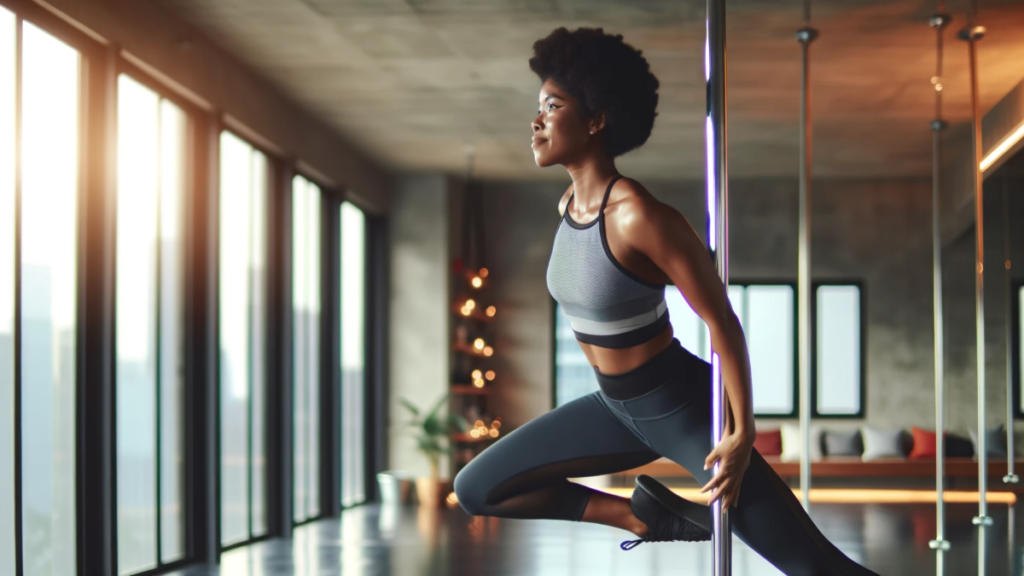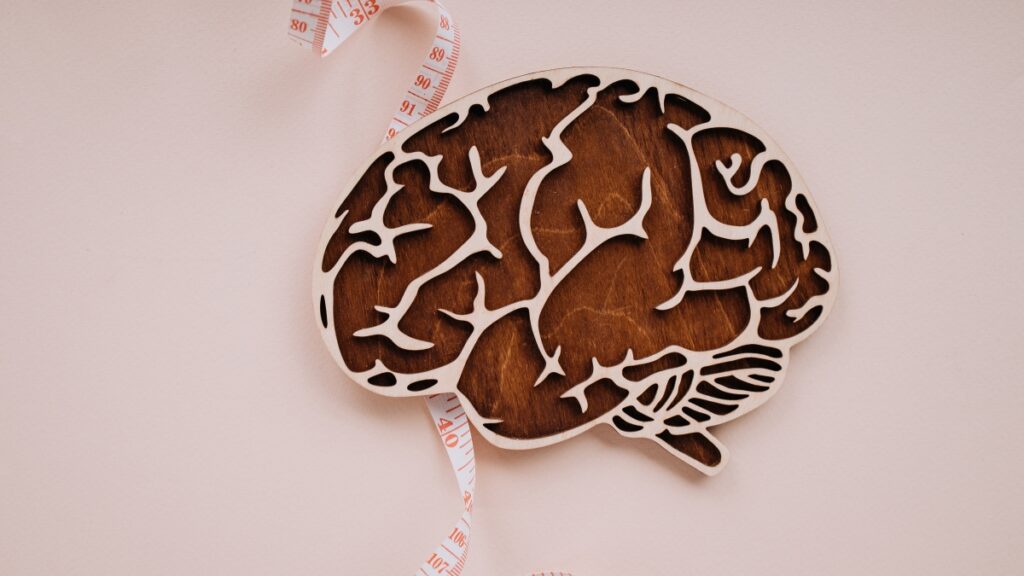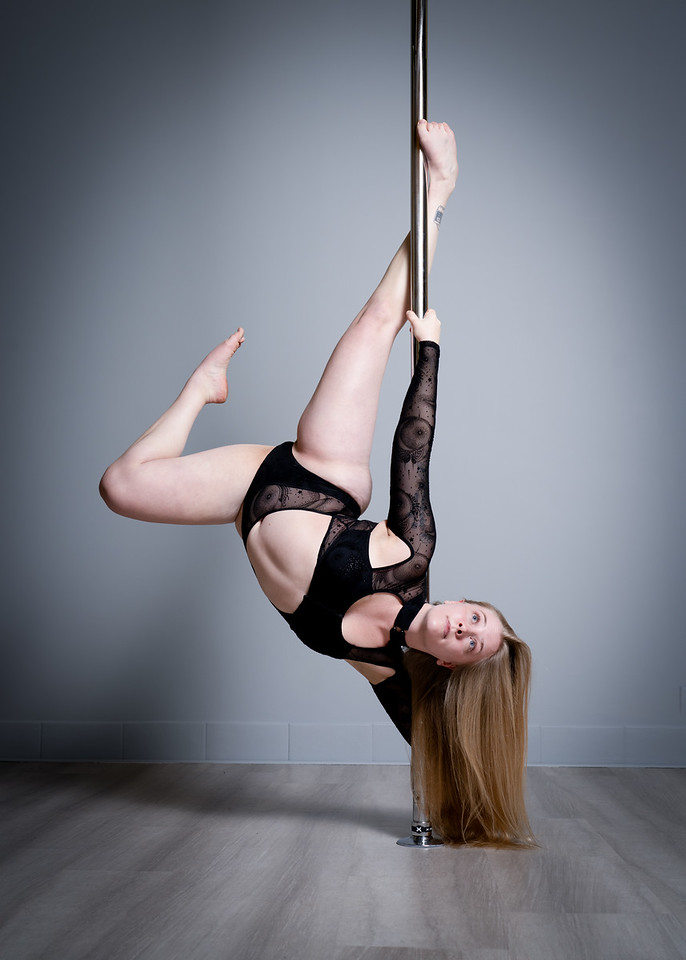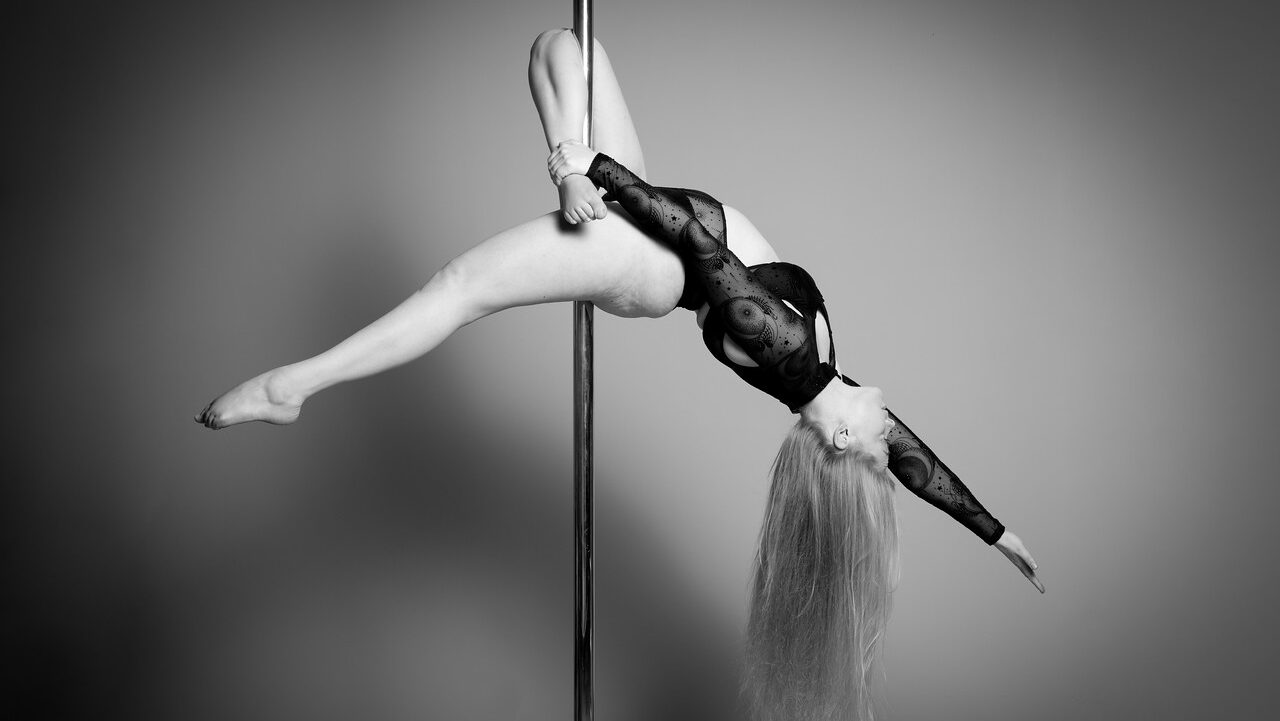Swan Slides, Ankle Spins, and The Rocket Woman.
These pole-dancing moves offer much more than artistic value. As a form of exercise, pole fitness has grown in popularity, bringing wide-ranging mental and sexual health benefits to its practitioners.
While some qualitative studies show pole dancing can be empowering, a group of psychologists in Germany took a different approach.
Published in the journal BMC Psychology in September 2023, their quantitative study measured the impact of pole dancing on mental wellbeing, sexual self-concept, self-esteem, and body appreciation.
The study
Recruited through social media platforms and leaflets in fitness studios, study participants had to be at least 18 years old, female, and native German speakers with limited experience in pole dancing. The final 50 eligible participants were randomly assigned to either the pole-dance group or the waitlist control group.

The study’s pole dance sessions occurred between October and December 2020 at two Berlin studios. The eight-week intervention featured weekly 60-minute sessions led by a certified instructor, split equally between general exercises for strength, endurance, and flexibility, and pole dance-specific training, which included spins, static figures, and floor elements. The program was standardized but adapted to individual abilities with easier or harder exercise variations.
Due to COVID-19, group classes were replaced with individual or household personal training, supplemented by weekly instructional videos. Data collection happened before and after the intervention. Control group members were offered free pole dance classes post-intervention.
Psychological measures

Researchers used various scales to measure psychological outcomes.
Their main focus was to evaluate the effect of the pole dancing program on overall mental wellbeing, which was measured using the German version of the Warwick Edinburgh Mental Wellbeing Scale.
The secondary areas of interest were self-esteem, body appreciation, and sexual self-concept.
Self-esteem was measured using the famous Rosenberg’s self-esteem scale, and body appreciation using the German version of the Body Appreciation Scale-2.
Sexual self-concept, which refers to how a person perceives their own sexual feelings, thoughts, and behaviors, was assessed using the Multidimensional Sexual Self-Concept Questionnaire. This questionnaire measures various aspects of sexual self-concept, including:
- Sexual Anxiety: A state of nervousness or fear in sexual situations, marked by discomfort or anxiety during or in anticipation of sexual encounters.
- Sexual Self-Efficacy: Confidence in managing and controlling behaviors and emotions in sexual contexts, reflecting the ability to handle sexual situations effectively.
- Sexual Self-Esteem: Positive valuation of one’s sexual identity, contributing to a satisfying sexual life and encompassing feelings of competence in sexual activities.
- Sexual Motivation: The urge to engage in sexual activities, driven by factors like emotional intimacy, physical pleasure, or stress relief.
- Sexual Consciousness: Awareness of internal bodily sensations related to sexual arousal and motivation, focusing on recognizing and understanding personal sexual desires and responses.
The results
Participants who took pole-dance lessons showed a notable increase in mental wellbeing compared to the waitlist group. In fact, of all the psychological outcomes examined in this study, mental wellbeing scores showed the largest improvement.
The pole dance group also experienced improvements in sexual anxiety, sexual self-efficacy, sexual self-esteem, and body appreciation. However, there were no significant changes to their global self-esteem, sexual motivation, or sexual consciousness.

While the study did not specifically explore the reasons behind such positive outcomes, authors proposed that the physical benefits of pole dancing, such as improved strength, flexibility, and conditioning, may have contributed to greater body control, self-respect, and confidence.
These findings suggest that pole dance can have widespread psychological benefits, affecting overall mental health and key aspects of sexual self-concept.
Love of dance
“I fell in love immediately,” said Julia Pama who began pole-dancing classes in July 2022 at Canadian studio Sunshine Aerial Fitness.
Pama enjoyed classes so much she started teaching them six months ago. In her late 20s, she says she’s one of the youngest instructors at the studio, where many students taking pole classes are over 30 years old. She teaches part-time and works as a Policy Analyst for the Government of Canada, and
Pama says she most appreciates the confidence and strength she’s gained from pole fitness.
“I remember when I first started taking pole, I barely wanted to wear shorts and absolutely would not take off my shirt,” she said.
“Now, I feel constrained when taking a class or teaching with a shirt on. I love the way my body looks and feels.”
Pole-positive research
Similar to other forms of exercise, the psychological and biological factors that generally boost mental health might also be influencing the positive changes seen in pole dancing participants.
Yet pole dancing could have its own special traits at play.
Future research can better identify them by including active control groups with participants performing different types of exercise or dance. Longer-term studies and ones that cover group classes may also shed light on sustained benefits over time and the influence of social settings.
This pilot study sets the stage for new studies to invert the status quo and uncover what unique moves in pole dancing uplift mental and sexual wellbeing.
Featured Image Source: “Rainbow” is courtesy of pole-dance instructor Julia Pama, taken by Chris Power Photography Inc.)



